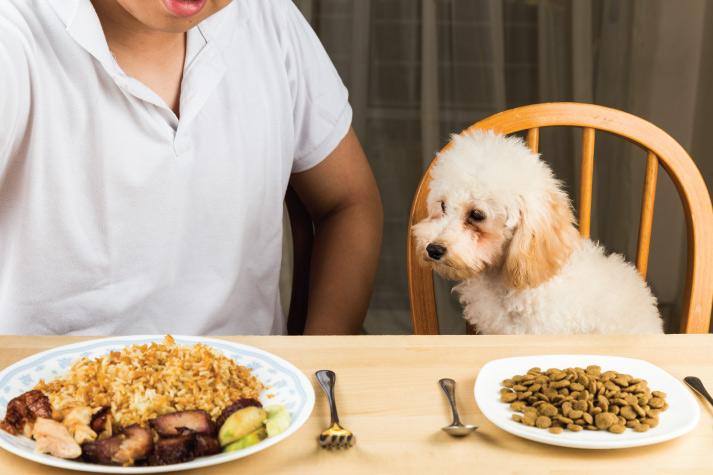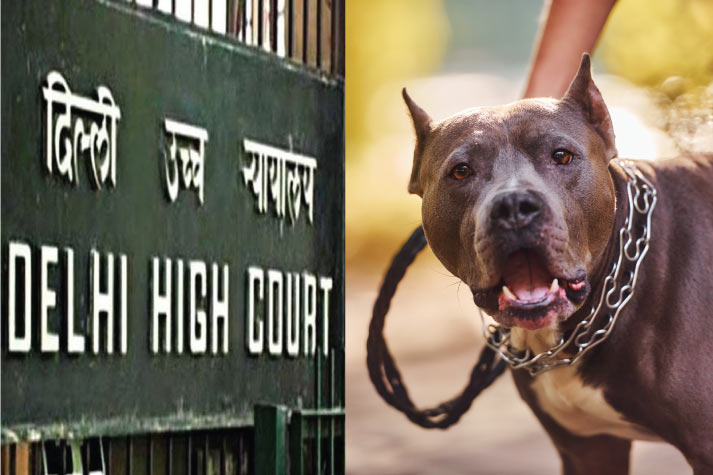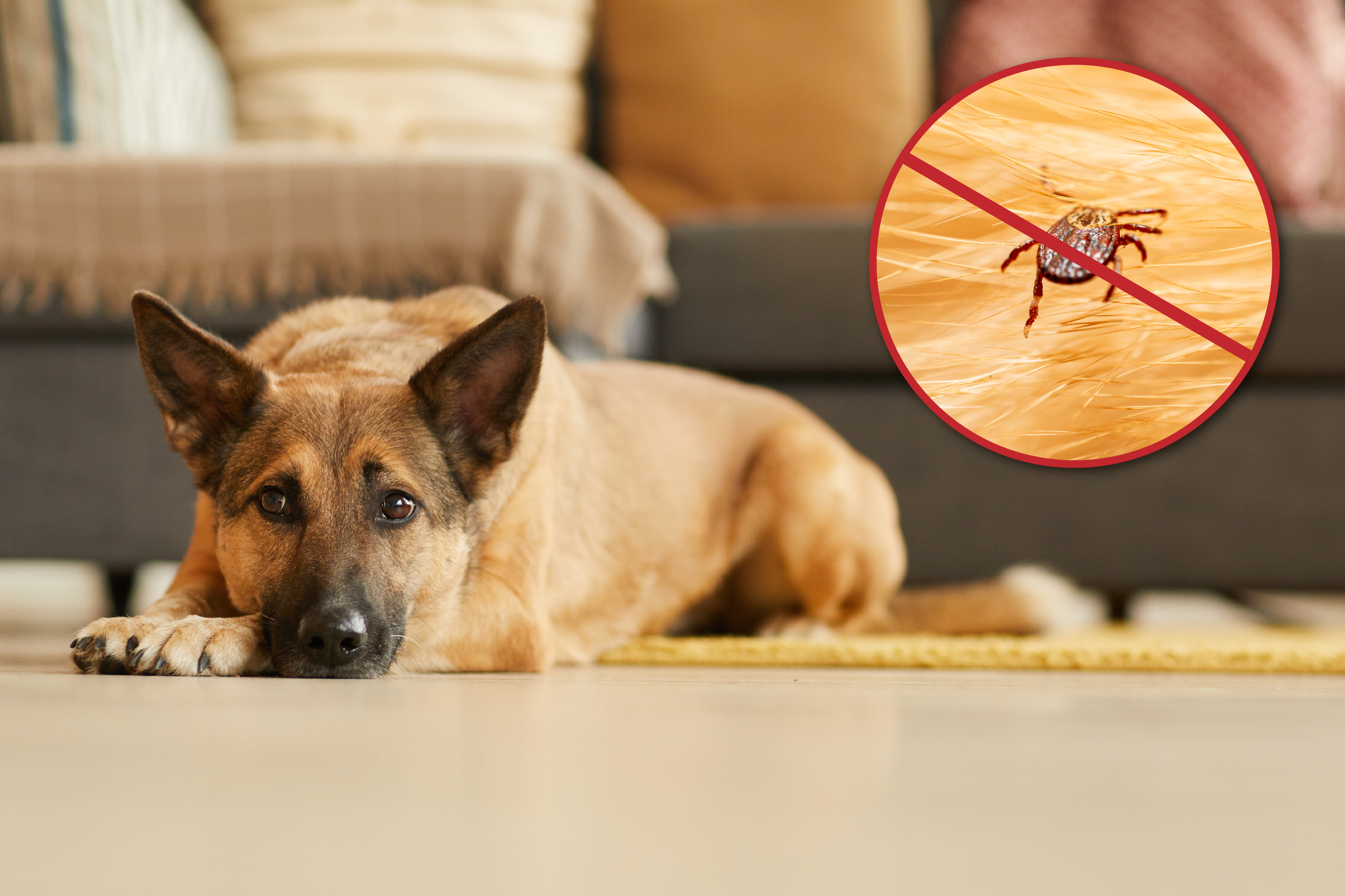
05 May
Human Foods That Are Safe for Dogs
Humans and animals have fundamentally different dietary requirements. A dog’s digestive system differs considerably from a human’s, which means that commonplace and everyday foodstuffs can be toxic to them. As a dog owner, you should know what kinds of food you consume regularly are potential toxins for your dog. On the flip side, there are plenty of human foods that dogs can eat safely and benefit from as well. Let’s look at what human foods you can safely feed your dog and what foods you must avoid at all costs.
Human Foods Safe for Dogs
Before listing the foodstuffs consumed by humans also safe for dogs, you should always remember that even though these foods may be safe for your dog, you should still only ever serve them in moderation.
Here Are A Few Things You Eat That Your Dog Can Eat:
- Carrots – carrots serve as excellent snacks for dogs, with the added benefit of giving their mouth a good cleaning, as the texture of carrots does a good job of scraping off plaque from your dog’s teeth & gums. They also contain Vitamin A which is good you’re your pup’s skin, coat, and immune system.
- Apples – Apples are safe to serve, provided you remove the core and seeds beforehand. Apples contain vitamin A and vitamin C, as well as being good for digestion due to their high fibre content.
- White rice – When cooked, white rice with no other additions can help ease your dog’s digestive system and helps with an upset stomach. It should be served sparingly though, as it can cause your dog’s blood sugar levels to rise if served frequently.
- Dairy – Dairy and milk-derived foods like yoghurt (plain) and cheese are safe for dogs, provided you serve them sparingly. Dogs & their digestive systems cannot break down dairy products efficiently, so an excess of dairy can lead to vomiting or diarrhoea. Some dogs are lactose intolerant, and such dogs should not be served any dairy products whatsoever.
- Fish – Fish and certain kinds of seafood are safe to serve your dog, with the added benefit of being rich in nutrients. Fish like salmon or tuna contain omega-3 fatty acids, which are great for your dog’s skin, coat, and immune system. Other seafood like prawns contain vitamin B, which is good for their digestive system. One thing to note is that you should always serve cooked fish, as uncooked fish may contain parasites which can adversely affect your pet.
- Chicken – Chicken can be served to your dog provided you prepare it properly. Plain, unseasoned chicken prepared by boiling Is a great option for dogs, as it aids digestion. The preparation is key, as a piece of spicy, seasoned chicken will do more harm than good for your dog. Fried chicken should also be avoided.
- Peanut Butter – Peanut butter is a great treat for dogs. Packed with vitamin B, Vitamin E, and protein, it can be served as a snack, provided it has no added sugar or sweetening agents. Do make sure to check if your selected peanut butter contains something called xylitol. Xylitol is toxic to dogs and should be avoided at all costs. Head to your vet immediately if you suspect your dog has eaten such a product.
- Blueberries – Blueberries serve as a good source of fibre and antioxidants, providing health benefits to your dog while being a delicious snack in their own right.
- Bananas – Bananas are an excellent source of potassium and high in magnesium, meaning they are beneficial to your dog’s skeletal system. However, bananas are also high in sugar, and should therefore be served sparingly as a treat.
- Cucumbers – These fruits are high in water content and serve as a good source of Vitamin C and Vitamin K. As a bonus, it’s a fruit with a low sugar and calorie count, meaning it can be safely served as a snack.
- Watermelon – This water-rich fruit is great for staying hydrated. As with all fruits, remove the seeds if any.
Foods Harmful to Dogs
- Avocados – The seed, leaves, and skin of the avocado fruit all contain persin, which is a toxin for dogs and can cause an upset stomach, diarrhoea, and vomiting. Keep these healthy breakfast staples well away from your dog.
- Cherries – the cherry pit and stem are toxic to dogs, and their small size makes them a choking hazard. Best to avoid having this fruit around your dog.
- Chocolates – Chocolates are highly toxic to dogs, and can cause a host of issues like vomiting, seizures, and even fatalities in cases where a large amount has been ingested. Avoid keeping chocolates near your dog at all times.
- Coffee/caffeine – like chocolates, caffeine and coffee are also toxic to dogs, and can cause the same issues; vomiting, seizures, and fatalities are all possible if your dog ingests caffeine or coffee, so keep it well out of your dog’s reach.
- Raisins/grapes – Grapes and their dry fruit cousin raisins are both extremely toxic to your dog. even a few grapes are enough to cause serious internal damage, with kidney failure being a real possibility after a small quantity. Keep them very far away from your dog, or do not buy them altogether if your dog has a habit of opening the fridge or reaching the countertops.
- Nuts – depending on the type of nut, it can either be a choking hazard or a poison for your dog. Macadamia nuts are an example of nuts toxic to dogs. Avoid serving them to stay safe.
- Ice cream – due to its high sugar content, dogs should steer clear of ice cream. Dog-specific ice creams and treats are available at various outlets and chains, with some places offering dog-safe pup cups of cold treats.
- Raw meat – You’d think dogs can safely eat raw meat, but you’d be wrong. Uncooked meat can contain bacteria like salmonella, which is normally a non-issue after cooking. While some people will advocate for a 100% carnivorous diet for dogs, it is best to remember that dogs are omnivores and plan their diet according to their needs.
To conclude, there are a host of foods you eat daily that are safe for your dog to eat as well. Provided you know what to feed your pet, what to avoid, and maintain a balanced diet, you should have no problems with your dog’s eating habits and have a healthy & happy pooch. Make sure to keep toxic items well out of your dog’s reach, and unless you’re a die-hard fan of any of those items, it is probably best to leave them on the supermarket shelf.






AUTHOR’S BIO
Carry My Pet
Passionate pet enthusiasts and globetrotters, dedicated to easing furry friends' journeys worldwide. Penning tales of compassion at CarryMyPet, where every relocation is a tail-wagging adventure.